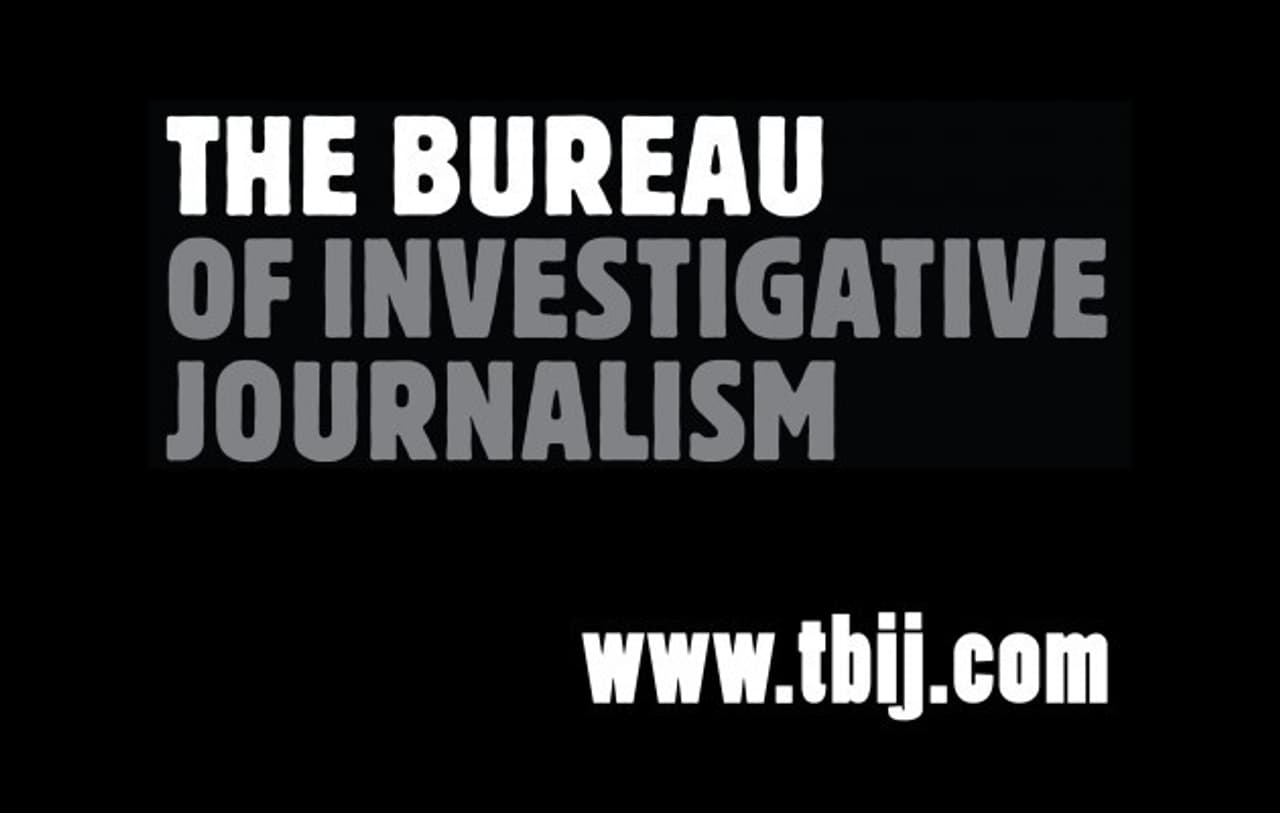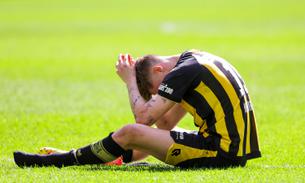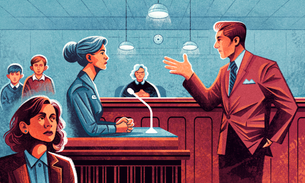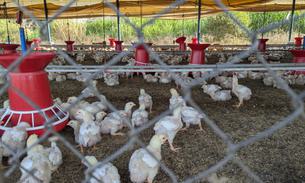
A statement by the Bureau’s Trustees
The Trustees of the Bureau of Investigative Journalism have issued the following statement:
The Bureau of Investigative Journalism has been criticised over its alleged involvement in a Newsnight report that led to false imputations against Lord McAlpine.
The Trustees of the Bureau have conducted a thorough investigation into the nature of that involvement, and are satisfied that the Bureau was not itself directly responsible for the content of the programme, which was at all times controlled, edited and lawyered by the BBC. However the Trustees consider that a serious mistake was made in agreeing to the secondment of a member of its staff to the BBC, without retaining the necessary degree of editorial control, and are taking action to ensure this does not happen again. It is clear that there was a failure within the Bureau of editorial and managerial controls and the surveillance thereof by the Trustees. For this the Trustees accept responsibility and add their regrets for these failings.
1. In normal circumstances, a story being developed by the Bureau would have been discussed with its very experienced Editorial Advisory Board. The Managing Editor normally summarised active projects for the board once a month and often consulted the EAB chair more frequently. That Board met on October 24 with the editor as, later in the day, did the Trustees. There was no mention of any story related to child abuse, and the two bodies were unaware of any involvement by a Bureau employee until reports began to circulate at midday about the Newsnight story in question which was to be transmitted that evening on November 2.
2. The programme on that evening was introduced by Gavin Esler as follows:
‘Angus Stickler from the Bureau of Investigative Journalism, who has been covering what went on at these homes for more than a decade for the BBC, has this report…’
Later, the BBC said: ‘This investigation has been carried out with Angus Stickler from the Bureau of Investigative Journalism”.
3. Mr Stickler had indeed, prior to his employment with the Bureau, spent many years as a BBC employee covering in particular the Waterhouse inquiry into Welsh care homes. He had not been involved in that story, or in any child abuse investigation, while working for the Bureau and neither had any of its employees. However, he was well-known to be an expert on the issue and to have many records and contacts relating to his coverage of the Waterhouse inquiry. On October 25 he was emailed by a senior contact and old colleague at the BBC who referred to allegations Tom Watson MP had made in the House of Commons on the day before. Mr Stickler said that he had a great deal of information, and he was advised to relay this to contacts he still maintained in News. Liz Gibbons, acting Deputy Editor of Newsnight, discussed a possible story with him over the next few days. It was agreed that he would be seconded to work for Newsnight and a fee of £3,250 was agreed, during which he would assist with a programme over which the BBC would (and did) have complete editorial and legal control.
4. The Trustees consider that it was a serious mistake to allow the secondment of Mr Stickler on these terms, to help make a programme in which he would be identified as a Bureau employee but over which the Bureau would have no control. The subject matter was not of the kind that the Bureau had been set up to investigate.
5. The Trustees are satisfied, however, that Mr Stickler did not take to the BBC any information, notes or records belonging to or developed at the Bureau. All his information on the child abuse inquiry had been acquired years earlier, when he was employed by the BBC. His involvement in the course of the Newsnight programme had very little connection with the Bureau; which was not contacted for any assistance or editorial advice during the making of the programme.
6. Iain Overton, the editor of the Bureau, was aware of Mr Stickler’s secondment and of the nature of the Newsnight programme. The Trustees consider that he made a serious error of judgment, and risked the reputation of the Bureau, when he tweeted about the programme on the day of its transmission, both by exaggerating the Bureau’s role in the story and by releasing information (that was itself wrong) prematurely.
7. The editorial, ethical and legal issues raised by the programme are currently the subject of an inquiry set up by the BBC into the way it was made. There appear to have been serious failures of professional standards in its reporting and editing, but in fairness judgment on the competence of those who made it should await the facts established by the inquiry.
8. The Trustees have concluded that Mr Stickler was seconded to the BBC pursuant to an agreement whereby they paid for his secondment to help make a programme over which the BBC had complete control and which was subject to editing, vetting and direction by their lawyers and editors. The Bureau had no responsibility for the making or transmission of the programme.
9. That said, the Bureau’s decision to allow Mr Stickler’s secondment on these terms was a serious mistake. The Trustees will put protocols in place to ensure that it does not happen again. All such decisions will have to be referred to the Editorial Advisory Board, with reference to the Trustees themselves in any case of doubt.
10. The Trustees are satisfied that throughout these events, no other member of the editorial team, other than Mr Overton and Mr Stickler was involved with the story in any way. As has been reported earlier, Mr Overton has resigned.
11. The Trustees intend to publish the full narrative of events and evidence when the BBC has completed their inquiry so as not to prejudice disciplinary matters relating to any BBC staff involved.
12. The Trustees have already apologised to Lord McAlpine, which they repeat wholeheartedly. They further express their personal regret and disappointment with the Bureau’s involvement in recent events.
For legal reasons we are not accepting comments on this post.



